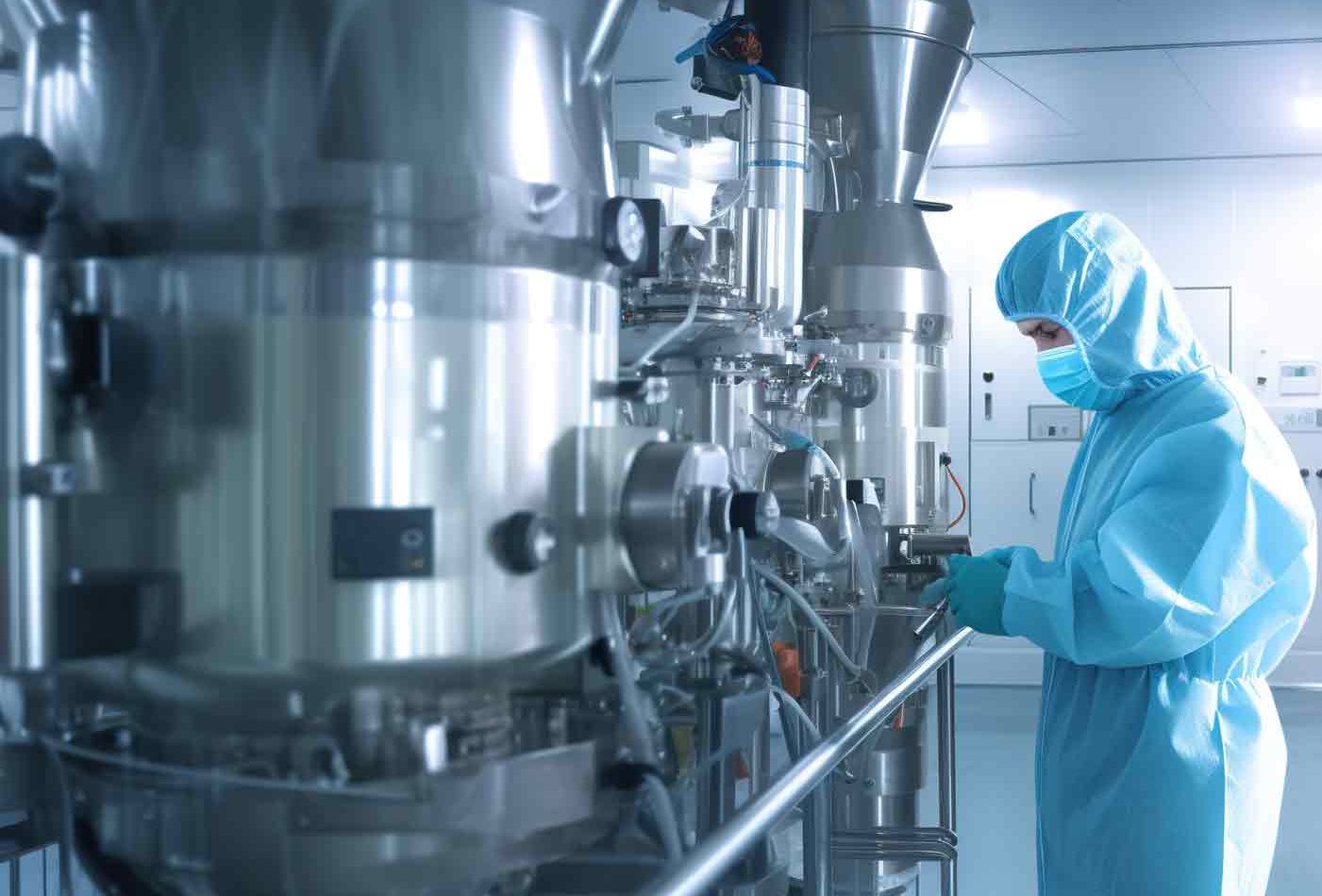
3 Time-Saving Advantages of Working with a Specialized CDMO Pharma Provider
Pharmaceutical companies live by the mantra that time is money, and nowhere is this more evident than in drug development and manufacturing.
One strategic way to accelerate timelines is by partnering with a Contract Development and Manufacturing Organization (CDMO) that specializes in pharma support.
These partnerships leverage the CDMO’s expertise and infrastructure to streamline complex processes, helping eliminate inefficiencies at critical stages.
Below, we explore three key ways CDMO pharma can save valuable time: through faster technology transfers, accelerated regulatory submissions, and efficient scale-up to commercial readiness.
1. Faster Tech Transfers
In pharmaceutical manufacturing, technology transfer is one of the most complex and time-intensive steps.
When handled internally, these transfers often take 18 to 30 months and cost millions.
Even more concerning, industry data shows that around 50% of tech transfers experience quality-related issues that further delay development or scale-up. This is where partnering with a specialized CDMO pharma provider can dramatically reduce time lost to inefficiencies.
What makes CDMO pharma partners more efficient at managing tech transfers?
- Well-honed protocols: Established CDMOs follow standardized transfer procedures developed over dozens, if not hundreds, of successful transfers
- Cross-functional teams: Dedicated project managers coordinate across R&D chemists, process engineers, and QA teams to align all moving parts early
- Proactive communication: Effective knowledge sharing, including batch records, past deviations, and troubleshooting logs, ensures the CDMO doesn’t duplicate work or repeat avoidable errors
- Built-in flexibility: If a manufacturing attempt has failed previously or a change of site is necessary, a capable CDMO pharma provider leverages existing data to catch up on lost time and avoid historical pitfalls
This structured, collaborative approach helps identify and mitigate potential problems before they cause downstream delays.
2. Accelerated Regulatory Submissions
Navigating the maze of drug regulations is another area where valuable time is often lost. Preparing INDs, NDAs, and other regulatory submissions demands extensive data, meticulous documentation, and strict adherence to evolving guidelines.
Any missing information or compliance errors can lead to lengthy review delays, additional submission cycles, and unexpected hold-ups in development timelines.
This is where partnering with a CDMO pharma provider that has in-house regulatory affairs (RA) expertise can make a measurable impact.
What sets specialized CDMO pharma partners apart is how they treat regulatory support as a core operational function, not an afterthought:
- RA teams are deeply integrated into development and manufacturing processes
- Experts contribute from early development through to submission
- Submissions are aligned to optimized regulatory strategies that keep the project on a fast track
In many cases, CDMOs also assign a single RA point of contact across the product lifecycle to maintain continuity, ensuring nothing slips through the cracks during handoffs.
Additionally, a well-versed RA team knows exactly what regulators expect:
- They compile high-quality CMC sections, validation reports, and technical data
- All submissions are aligned with FDA/EMA standards, minimizing back-and-forth and regulatory queries
- Timeline management is proactive, and they coordinate inputs from analytical, clinical, and manufacturing teams to hit submission targets
For operational heads, this kind of foresight translates to fewer surprises, smoother approvals, and a development pipeline that moves with purpose.
3. Efficient Scale-Up and Commercial Readiness
Transitioning from gram-scale or pilot batches to full commercial production is a significant leap, and without the right equipment, capacity, or technical expertise, it can become a bottleneck.
Typical delays here include engineering challenges, re-optimizing reaction steps at larger volumes, or limited access to manufacturing infrastructure.
This is where a CDMO pharma partner proves essential. By offering end-to-end scale-up support and built-in infrastructure, these partners make the move to commercial-scale manufacturing faster and far more predictable.
This “scale-up without transfer” model helps avoid common handoff delays. For example, if a drug clears Phase 3 successfully, production can quickly shift to launch-scale volumes without waiting months for a new facility to come online.
Further time savings come from the CDMO’s deep process engineering expertise:
- R&D and engineering teams (often hundreds strong) optimize reactions for scale
- Factors like heat transfer, mixing behavior, and purification yield are addressed in advance
- Scale-up strategies ensure purity, yield, and cycle times stay consistent even when increasing batch size 10x or 100x
This means commercial production doesn’t begin with trial-and-error; it starts ready to run, reducing lost time from troubleshooting and backtracking.
Another critical benefit is immediate access to large-scale capacity. When a drug is approved and market demand spikes, a well-equipped CDMO can:
- Deliver production volumes without delay
- Meet global demand from day one
- Keep the commercial supply chain running smoothly
The result: patients gain access to therapies sooner, and pharmaceutical companies gain a timely competitive edge.
The Right CDMO Pharma Partner: Neuland Labs
Each of the areas above highlights how a CDMO partnership brings operational focus and expertise to keep projects on schedule. One prominent example is Neuland Labs.
Neuland provides specialized CDMO pharma support across the development lifecycle, offering end-to-end API development from pre-IND to commercial manufacturing.
With a reactor capacity exceeding 1.17 million liters and a team of 360+ R&D specialists, Neuland is equipped to scale up complex projects without bottlenecks.
By combining large-scale infrastructure with scientific depth, Neuland Labs exemplifies how a CDMO pharma can eliminate inefficiencies at every step. Accelerating tech transfers, streamlining regulatory submissions, and fast-tracking the path to commercial readiness.
FAQs
- Why is tech transfer a common bottleneck in pharmaceuticals?
Tech transfers often stall due to incomplete documentation, equipment mismatches, or poor coordination between development and manufacturing. Without clear protocols and experience, companies risk delays, rework, and quality issues that push back production timelines. - How do CDMO pharma partners accelerate drug approvals?
A specialized CDMO pharma partner integrates regulatory experts early in the process, ensuring that all data and documentation are submission-ready. This proactive support helps reduce review delays and speeds up the path to clinical trials or market launch. - What makes scale-up so challenging for pharmaceutical companies?
Scaling from lab to commercial production involves complex variables like process consistency, equipment limits, and increased batch sizes. Without specialized support, these transitions often introduce delays, reduce yields, or trigger costly manufacturing resets. - Can a CDMO pharma partner handle both development and commercial supply?
Yes. CDMO pharma providers, such as Neuland Labs, offer end-to-end support, including process development, scale-up, validation, and full-volume API manufacturing. This reduces the need for multiple vendors and minimizes time lost during phase transitions.



